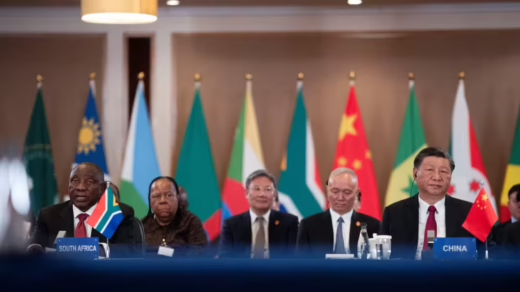
A psychologist in India with a well-established career was arrested for sexually exploiting students over 15 years. This incident has not only undermined public trust in professional ethics but has also brought the systemic failures of the nation to light. The arrest has sparked several discussions about the shortcomings of existing laws and societal attitudes toward abuse by those in positions of power.
The accused, whose name is being kept confidential to safeguard the victims’ identities, served as a psychologist in various academic and therapeutic institutions. Throughout the years, they built a reputation as a trusted mentor, allowing them to connect with vulnerable students in need of guidance and support. Reports suggest that the abuse included inappropriate remarks and grooming, escalating to serious sexual exploitation, often masked as psychological treatment. The disturbing pattern of abuse came to light when a former student, now an adult, bravely shared their allegations. This act of courage encouraged other victims to speak out, resulting in a thorough investigation. Authorities have now identified over 20 victims, with more anticipated to come forward as the case progresses.
This situation highlights significant problems and failures in the laws and policies of the nation. Despite numerous warning signs over the years, such as student complaints, no meaningful action was taken. In many cases, complaints were either ignored or the accused was moved to another institution. Experts have criticized these institutions for their insufficient background checks and failure to foster a safe environment for students. The lack of mandatory reporting and monitoring further allowed the accused to persist in their disgusting predatory actions without consequences.
India has various laws aimed at safeguarding people from sexual abuse. The Protection of Children from Sexual Offences Act (POCSO), enacted in 2012, claims to shield children from sexual crimes. However, its effectiveness is often hindered by a lack of awareness and enforcement. The Indian Penal Code (IPC), especially Sections 354 (assault or criminal force against a woman with the intent to outrage her modesty), 375 (rape), and 509 (words, gestures, or acts intended to insult a woman’s modesty), is applicable in cases of sexual exploitation. However, these legal provisions often encounter challenges related to evidence collection and delays in the judicial process. The Mental Healthcare Act, 2017, while overseeing mental health professionals, lacks robust measures to tackle ethical violations and abuse within the field. Although these laws theoretically create a strong protective aim, their effectiveness is dwindled by implementation gaps, and mainly societal stigma.
This case has vividly highlighted the need for awareness in India. Over the years, several significant events and movements in India have sought to address the issue of sexual abuse. The #MeToo movement gained considerable momentum in India, empowering survivors to come forward and share their experiences. It revealed predators in various sectors and sparked important conversations about consent and accountability. The Nirbhaya Case of 2012, which involved the horrific gang rape of a young woman in Delhi, triggered nationwide protests and led to a comprehensive reform of laws concerning sexual offences. This case also underscored the necessity for prompt justice and support for victims. Furthermore, the recent rape case of Moumita at the R.G Kar Medical College in Kolkata also deeply angered the Indian committee about the actions taken against crimes in the nation. This current case also adds that there is still much work to be done to prevent abuse and secure justice.
The arrest of the psychologist serves as a reminder of the problems present in our society and highlights the urgent need for systemic changes. While it is important to salute to the bravery of the victims and the prompt response from authorities, it is now up to institutions, lawmakers, and society as a whole to prevent such incidents from happening again. By promoting a culture of transparency, accountability, and respect, we shall build a safer environment for future generations.
Written by Ratisha Khare


